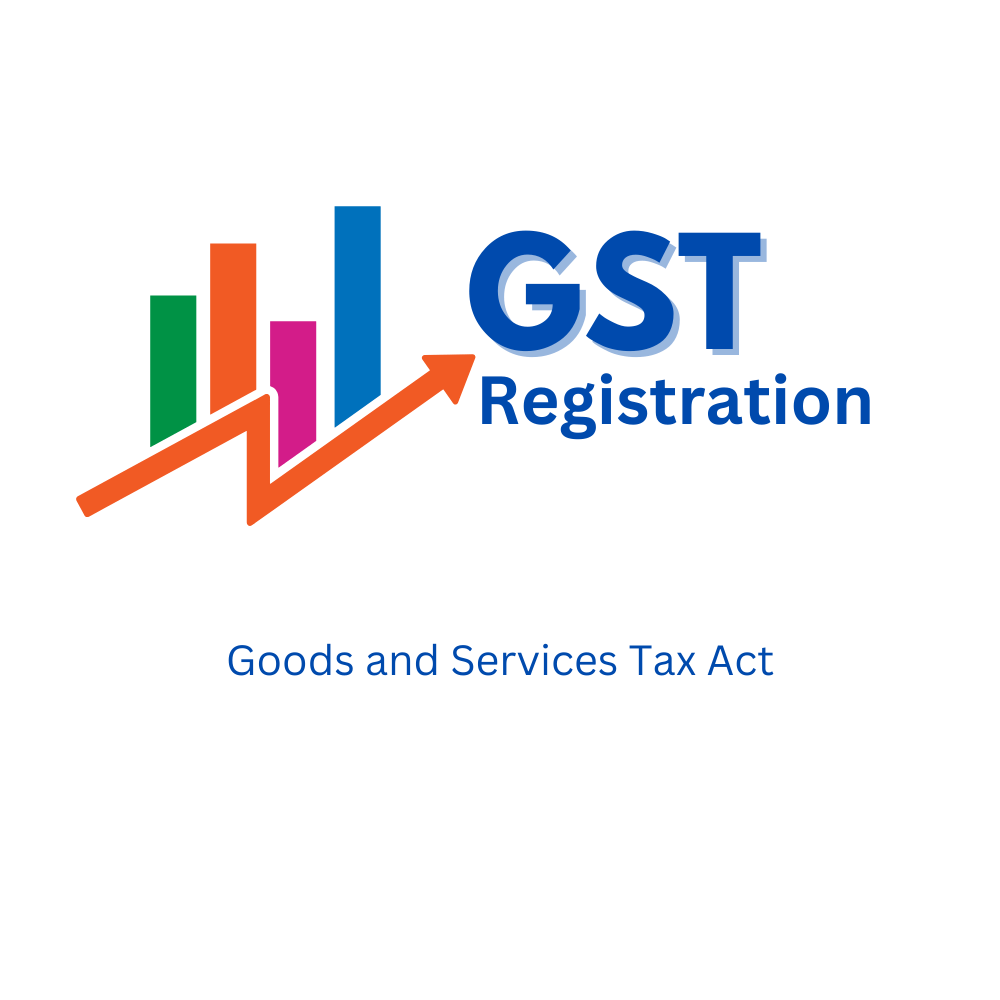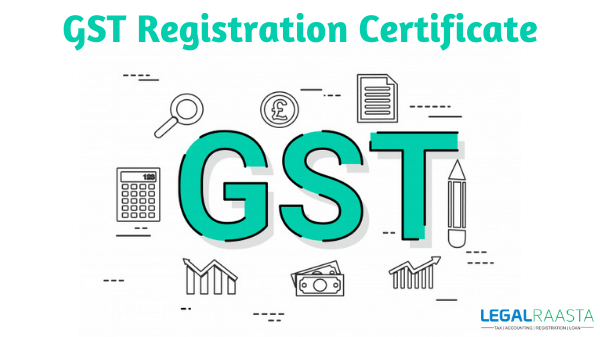Understanding the Benefits of the Best GST Registration Services in Singapore
Understanding the Benefits of the Best GST Registration Services in Singapore
Blog Article
From Beginning To End: The Ultimate Roadmap to GST Enrollment for Businesses Seeking Financial Security
Browsing the complexities of Item and Services Tax Obligation (GST) enrollment is a crucial action for businesses aiming for financial stability. From understanding the fundamental principles of GST to following post-registration guidelines, the process can appear intimidating at initial glimpse. Nonetheless, damaging down the roadmap into manageable steps can improve the enrollment journey for businesses wanting to improve their economic standing. Allow's explore the essential parts that make up this best roadmap and uncover just how each phase adds to laying a solid foundation for monetary success.
Understanding GST Fundamentals
Exploring the basic concepts of Product and Solutions Tax Obligation (GST) is crucial for gaining an extensive understanding of its ramifications on organizations and the economy. GST is a value-added tax obligation imposed on many items and services for residential usage. It has replaced several indirect tax obligations that existed in the pre-GST age, enhancing the tax structure and improving ease of doing service in India. Under the GST system, both services and products are exhausted at a certain price, which is identified based upon their category. Companies are called for to register for GST if their annual turnover exceeds the threshold limit established by the federal government. Input Tax Credit Scores (ITC) is a considerable feature of GST, enabling organizations to claim debt for tax obligations paid on inputs, reducing the general tax obligation worry. Comprehending the essentials of GST is crucial for businesses to adhere to tax policies, manage their funds successfully, and add to the nation's economic growth by taking part in a transparent tax system.
Qualification Requirements for Registration
To register for GST, organizations should meet specific eligibility standards established by the federal government. The key qualification requirement is that any type of organization associated with the supply of products or solutions with an annual aggregate turnover above the threshold limit set by the authorities need to register for GST. Since the present policies, the threshold limit for GST registration is an annual accumulation turn over of 40 lakhs for companies running within a state, besides special group states where the limit is 20 lakhs. Additionally, particular companies are called for to sign up for GST irrespective of their turnover, such as interstate vendors, informal taxable individuals, and businesses reliant pay tax under the reverse cost system. It is critical for companies to completely evaluate their turn over and purchase types to establish their GST enrollment commitments properly. Failure to sign up for GST when eligible Check Out Your URL can cause penalties and legal effects, making it necessary for services to follow the defined eligibility criteria.
Papers Needed for Registration
Having actually satisfied the qualification requirements for GST registration, organizations need to now guarantee they have the requisite files in area to proceed with the enrollment procedure efficiently. The files needed for GST registration usually include evidence of company constitution, such as collaboration deed, enrollment certificate, or incorporation certificate for various kinds of services. Additionally, services require to offer documents establishing the major place of service, such as a rental agreement or electrical power bill.
Step-by-Step Enrollment Refine
Commencing the GST enrollment process entails a collection of organized steps to make certain a seamless and compliant registration for services. The initial step is to visit the GST site and fill in the registration form with accurate information of business entity. Following this, the candidate receives a Short-lived Reference Number (TRN) which is used to return to the application procedure if it's not finished in one go.
Next, all required records as per the checklist offered by the GST portal need to be posted. These records typically include proof of organization official source address, enrollment and identity evidence of promoters, monetary statements, and company entity's PAN card.

Post-Registration Compliance Guidelines

Final Thought
To conclude, organizations seeking economic security must recognize the essentials of GST, satisfy eligibility criteria, gather necessary documents, adhere to the detailed enrollment procedure, and abide with post-registration guidelines - Best GST registration services in Singapore. By adhering to these actions, services can ensure compliance with tax policies and keep financial security over time
Additionally, particular businesses are required to register for GST irrespective of their turnover, such as interstate distributors, laid-back taxed individuals, and companies accountable to pay tax under the reverse charge device.Having actually fulfilled the eligibility standards for GST enrollment, companies have to now guarantee they have the requisite records in place to continue with the registration procedure effectively. The documents required for GST enrollment typically consist of proof of organization constitution, such as partnership act, enrollment certification, or incorporation certificate for various kinds of services. In addition, organizations require to supply files developing the principal place of service, such as a rental agreement or electrical energy expense.Starting the GST registration process entails a series of organized actions to ensure a certified and seamless enrollment for organizations.
Report this page